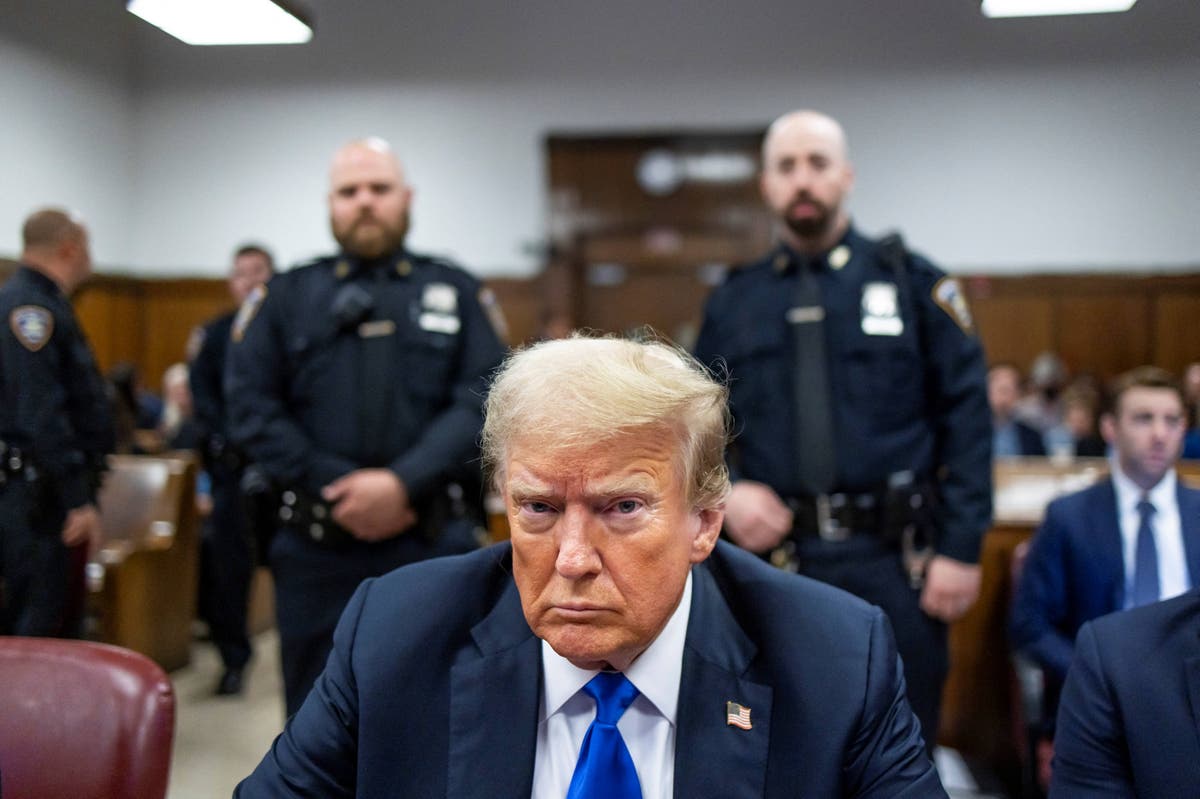South Korea's impeached President Yoon Suk Yeol remains at his residence, facing a legal battle over a detention warrant. Hundreds of protesters rallied near the president's residence overnight, demanding his arrest. Authorities, however, have yet to renew their detention efforts.
A warrant for Yoon's detention, issued by a Seoul court, expires Monday. On Friday, efforts to enforce the warrant were halted after a tense standoff with the presidential security service. The service, according to reports, has deployed security personnel and erected barriers around the residence, seemingly to prevent future attempts at detention.
The standoff stems from Yoon's defiance of questioning and obstructions to searches of his office. His refusal to comply with legal procedures led to the issuing of a warrant. The anti-corruption agency has cited the presence of the presidential security service as a significant hurdle in enforcing the warrant, calling it "virtually impossible" to detain the president.
Meanwhile, Yoon's supporters counter-protested, voicing opposition to the impeachment and detention efforts. Their arguments include the legal protections afforded to the president's residence, and the lack of legal authority for certain aspects of the investigation. The President's lawyers have challenged the warrants, claiming they cannot be enforced at the residence due to a law safeguarding areas with possible military secrets.
The presidential security service's actions have drawn criticism, with some suggesting the actions may constitute obstruction of official duty. The defense ministry has also voiced concerns regarding the deployment of military personnel.
The impeachment of President Yoon, which suspended his presidential powers, is now under review by the Constitutional Court. The court's decision will determine the president's future and possible removal from office. Several high-ranking officials associated with the president's actions during the martial law period have already been arrested.







